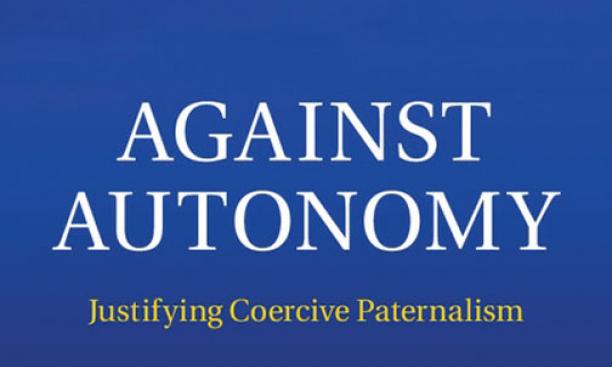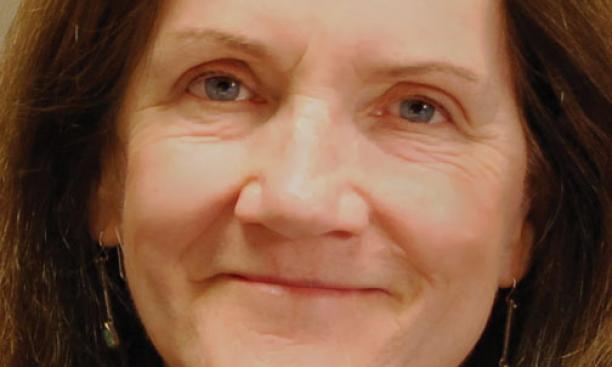

With the publication of her book, Against Autonomy: Justifying Coercive Paternalism (Cambridge University Press), Sarah Conly ’75 finds herself in an unusual position: a philosopher arguing about questions with a direct impact on current public policy.
The book is an extended defense of what has come to be known as the “nanny state,” government practices that seek to advance people’s well-being through regulation. In March, Conly published an op-ed in The New York Times defending New York City Mayor Michael Bloomberg’s ban on sodas over 16 ounces, which had been struck down by a state judge.

“It’s not always worth it to intervene, but sometimes, where the costs are small and the benefit is large, it is,” wrote Conly, an assistant professor of philosophy at Bowdoin College.
“For me, the interesting thing about philosophy is that it actually can make real life better,” Conly says in an interview. “That’s what I work on — things relating to actual dilemmas we face and figuring out what to do.”
On the question of the soda ban, the real issue is obesity. At times government has sought to persuade individuals to make the right choice by educating them — for example, telling people that smoking is harmful. In other cases, government has tried more aggressive measures: for instance, by mandating the use of seat belts.
Conly argues that more aggressive measures can be justified. A full ban on cigarettes, she says, should be considered.
When to employ coercive measures should be determined on a case-by-case basis, she says. When the good achieved is obvious, and experience suggests education is not enough to persuade individuals to change their behavior, then a more intrusive approach may be necessary.
Conly’s argument is based on her judgment of human behavior. In the past, philosophers have worked from the assumption that humans are rational beings. Conly began to question this assessment during a break from academic life.
“The more time I spent out of academics,” she says, “the more I thought [about] the classical philosophical picture of humans as rational agents who typically see what they want to do and choose the right act in order to reach their ends — [I realized] that picture was just wrong.”
Oftentimes people don’t make the right choices, she says, especially when it is not obvious what the long-term impact will be. If you drink a 32-ounce soda, for example, you are not going to die tomorrow; but sustained consumption of high-sugar drinks could lead to severe health problems.
Conly acknowledges that her argument may be unpopular. Yet she sees her role in part as advancing the conversation. Many people once were against seat-belt laws, she says, but the laws have saved many lives. By Maurice Timothy Reidy ’97
WHAT SHE’S READING: Qigong Fever by David A. Palmer
What it’s about: Qigong was “what you might call a religious movement, and it has been suppressed by the Chinese government.”
